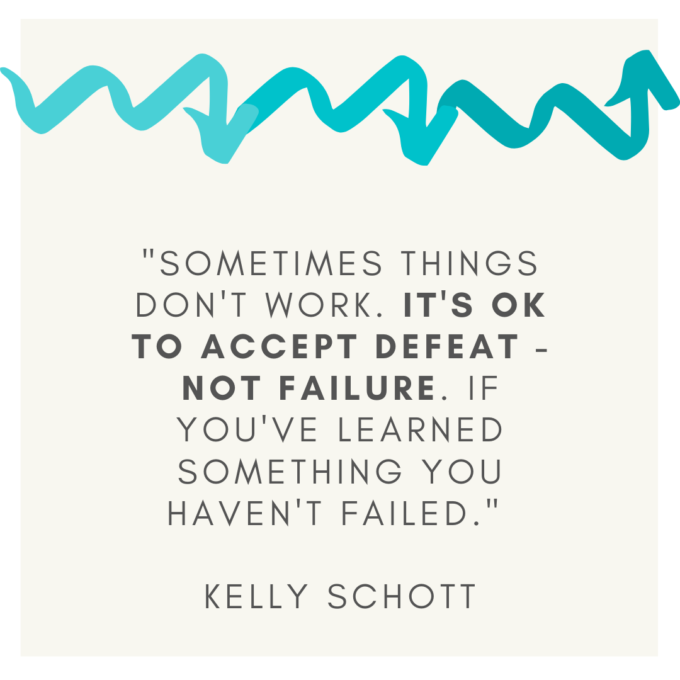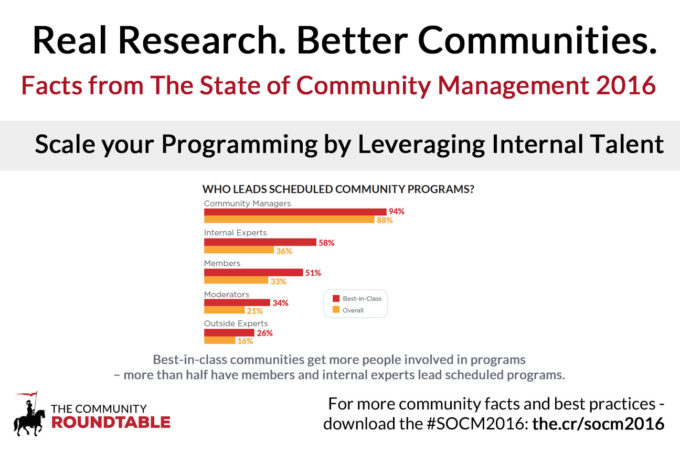
If your technology is the venue, and your members are the party goers, then content and programming are definitely the snacks, music, and games that keep your online community party rolling.
In this webinar Kelly Schott shares five lessons we’ve learned from TheCR Network members about planning and managing effective content and programming in your online community.
Kelly’s five lessons include:
- It’s All About The Planning
- Try, Adapt, And Try Again
- Meet Your Members Where They Are
- Show Me The Data
- Reduce, Reuse, Recycle
Watch the archive here:



